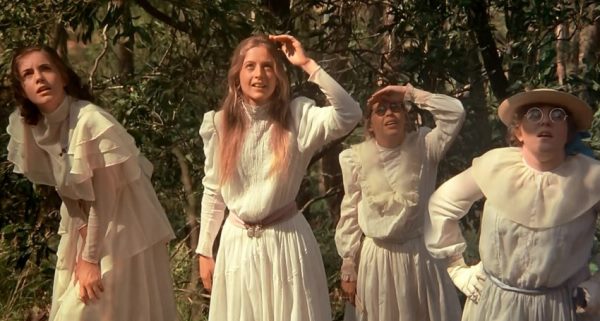The Australian Cinematographers Society (ACS) has joined the Australian Director’s Guild (ADG) in its criticism over the hire of a Canadian director to shoot the upcoming Picnic at Hanging Rock mini-series.
Canadian Larysa Kondracki is set to shoot the first three episodes of the six-episode series, currently in pre-production, alongside Aussie Michael Rymer.
In a statement, ACS National President Ron Johanson said: “Quite frankly we are astounded that, given the wealth of directorial talent in Australia, someone from overseas has been given the honour to helm the majority of this new version of Joan Lindsay’s novel. So with that in mind I would like to publicly state that the ACS is fully supportive of the ADG’s condemnation.”
“It’s also worth noting that this is not a co-production and is being fully financed in Australia. As a professional body that supports Australian talent the ACS is incredibly disappointed to think that organisations held in such high regard like Screen Australia, Foxtel and Fremantle Media are prepared to support overseas directors before talented Australian directors. Let’s just hope this is a one off and not the shape of things to come,” he said.
Australian cinematographer Garry Phi.lips will be the DOP on the series.
Actor-director Rachel Ward has also spoken out against the decision, telling the Daily Review that it was a “very bitter pill to swallow”.
“It’s ultimately just sad that those of us who have committed so many years as Australian filmmakers are thought so little of by some production teams and broadcasters here that we must import someone to do the job for us,” she said.
IF has approached FremantleMedia for comment.



